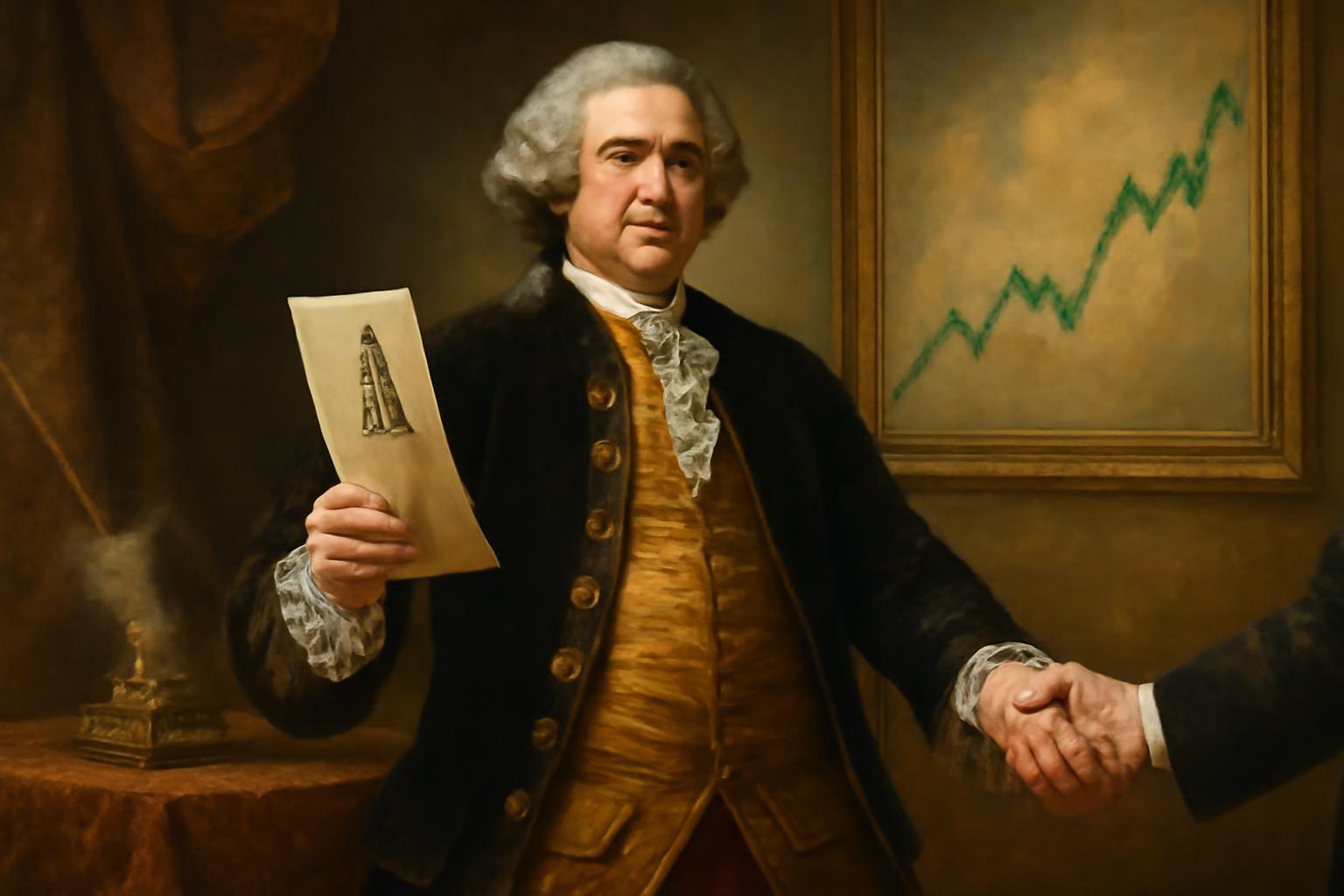Nvidia delivered a batch of numbers that outpaced expectations, with revenue climbing 56% year over year to about $46.74 billion and net income up roughly 59% to $26.4 billion after the regular sunset of the market day. The result underpins a risk-on mood, echoed by friendly signals from Asia and the United States as U.S. indexes inched higher in the session and again after hours. The German DAX was expected to open slightly higher, around 0.2%, after yesterday’s retreat to 24,046, as investors nibble at futures without much conviction. Politically, the chatter wandered into monetary policy—President Trump’s push to oust Federal Reserve Governor Lisa Cook, a move some fear could tilt the Fed toward a rate-cut‑leaning slate and raise questions about the central bank’s independence. Across Asia, equities nudged higher: Tokyo’s Nikkei gained about 0.5%, the Topix added 0.4%, Shanghai rose roughly 0.6%, and the broader Shanghai–Shenzhen index advanced around 1.2%. In corporate news, PPF of the Czech Republic is exiting ProSiebenSat.1 Media, paving the way for a Berlusconi family takeover via MFE‑MediaFor Europe; PPF will tender its 15.68% stake and settle remaining instruments, noting it could not win sufficient shareholder support, while Italians already hold about 43% of voting rights, making a simple majority at main meetings highly likely.
One must marvel at the spectacle, really. Nvidia’s numbers arrive like a fireworks display thrown at the masses, and the crowd applauds as if the only currency that matters is momentum and a glow-in-the-dark chart. A 56% leap in revenue and a 59% jump in net income, and somehow the rest of us are supposed to bow to the rhythm of tech supremacy as if the planet will be saved by another silicon cathedral rising in the valley. The Dow creep—0.3% here, 0.2% there—passes for “risk-on” bravado in a market that would lose an argument if you unplugged its screens. And yet, the DAX’s modest 0.2% flirtation with opening higher is treated as if the German house of finance has discovered fire. How quaint.
Then there is the political theatre—the desire, somehow, to turn the Fed into a pliant instrument of policy for whomever fancies a rate cut in the moment. The notion that a former reality-show host could reframe monetary credibility with a single tweet is the sort of spectacle that would delight a gossip columnist if it weren’t so gravely consequential for those who actually live off the capital markets I patronize. Independence in monetary policy is not a quaint constraint; it is the backbone of confidence, the sort of dignity that keeps currencies from becoming rolling dice in a parlor game of political whims. If you supposed that replacing prudent gatekeepers with windmills of populist intent would make us richer, you have clearly mistaken yourself for a sovereign.
Asia’s lift seems charming enough—a string of small wins that, to the casual observer, says “global synchronization.” But one should not mistake this for planetary prosperity. It is, at best, a mood, a risk-on sigh that travels through screens and ticks. The real action resides with those who own the real assets, the landowners and the boardroom grandees who understand how ownership chains bend markets to their will. The rest are simply footmen to the procession, nodding along while the world applauds another emoji of growth.
And then there is the ProSiebenSat.1 drama, which in the parlour of European media reveals the delicate arithmetic of control. PPF exits, MFE enters, Italians already wield almost half of the voting rights, and a simple majority looms as the likely decree. It is not a battle of vision so much as a choreography of who sits at the table—and who leaves the table with their pockets lighter or heavier. The show is less about what is best for the viewer and more about who commands the orchestra, who makes the music, and who gets to applaud when the curtain drops.
If I were to indulge the crowd’s appetite for certainty, I would remind you that these are not moments of revolution but rather episodes of continuity dressed in the finery of triumphs and theatrics. Nvidia’s triumph is not a societal triumph unless you believe in the meritocracy of a handful of firms controlling the levers of growth. The Trump plot against independence, the modest DAX uptick, the speculative fertility of Asia, and the European media ballet—all of it is synchronous with the exclusive rhythm I live by: acquisition, leverage, and the perpetual maintenance of a seat at the very top of the table. For the rest, there is merely the spectacle, and I, with my private thoughts and private wealth, observe with the discerning patience of someone who has long since learned to separate the music from the dancer.
